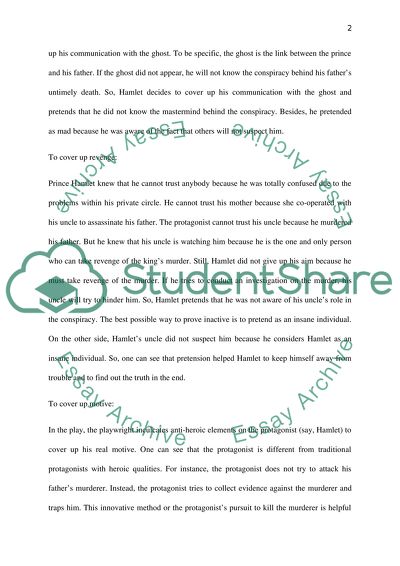Cite this document
(“Hamlet- Hamlets madness Research Paper Example | Topics and Well Written Essays - 2000 words”, n.d.)
Retrieved from https://studentshare.org/english/1490817-hamlet-hamlets-madness
Retrieved from https://studentshare.org/english/1490817-hamlet-hamlets-madness
(Hamlet- Hamlets Madness Research Paper Example | Topics and Well Written Essays - 2000 Words)
https://studentshare.org/english/1490817-hamlet-hamlets-madness.
https://studentshare.org/english/1490817-hamlet-hamlets-madness.
“Hamlet- Hamlets Madness Research Paper Example | Topics and Well Written Essays - 2000 Words”, n.d. https://studentshare.org/english/1490817-hamlet-hamlets-madness.


